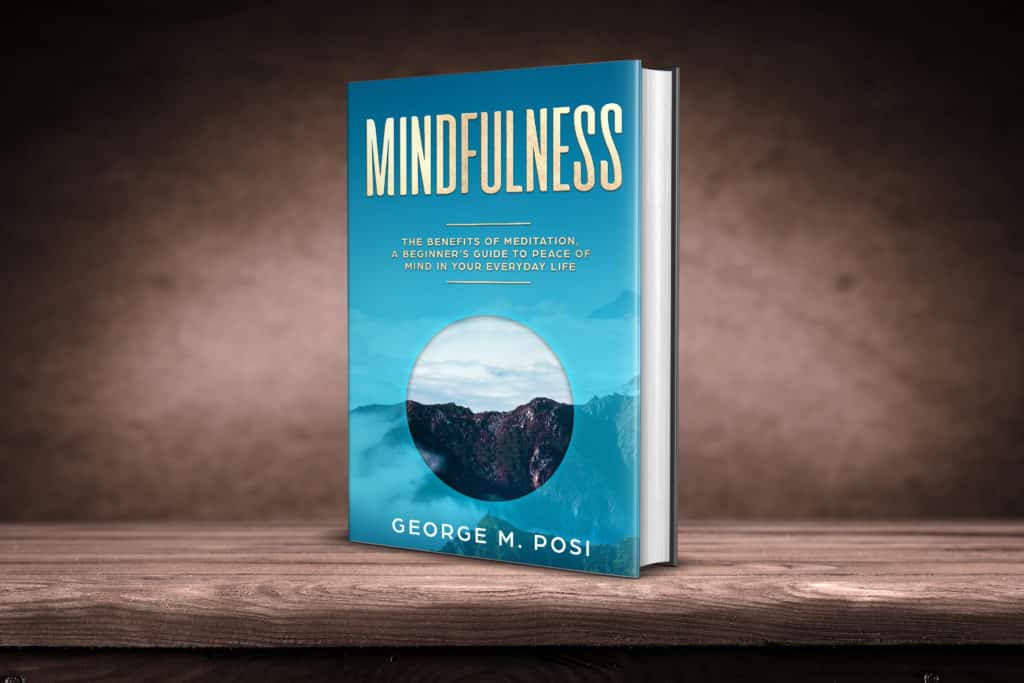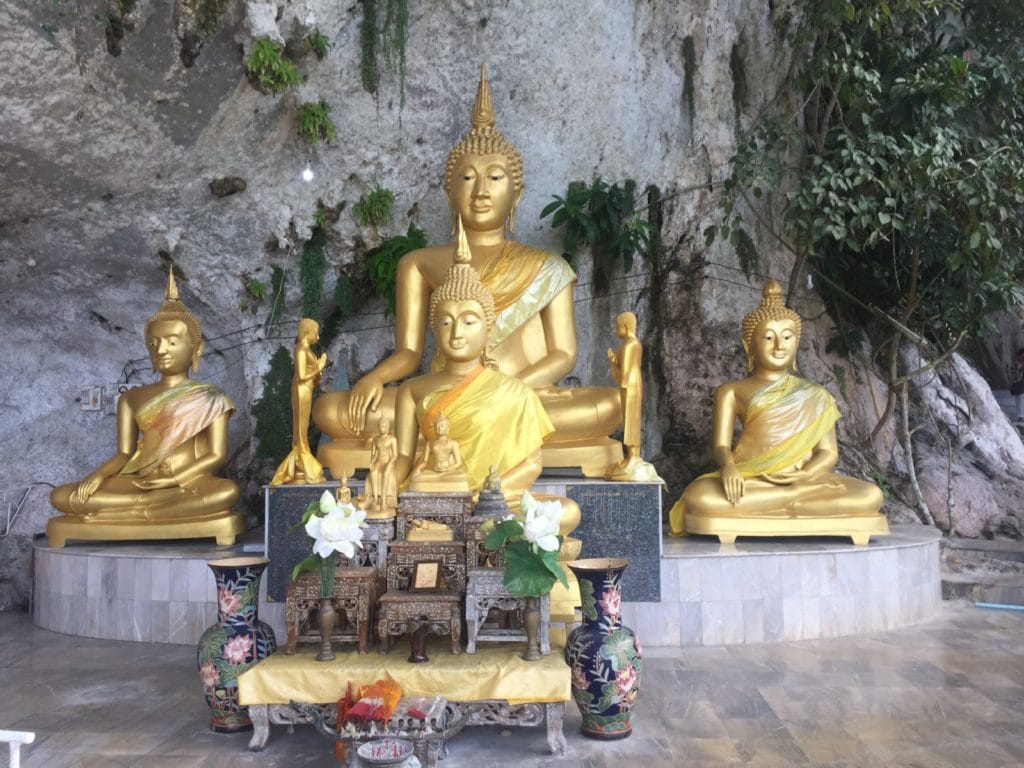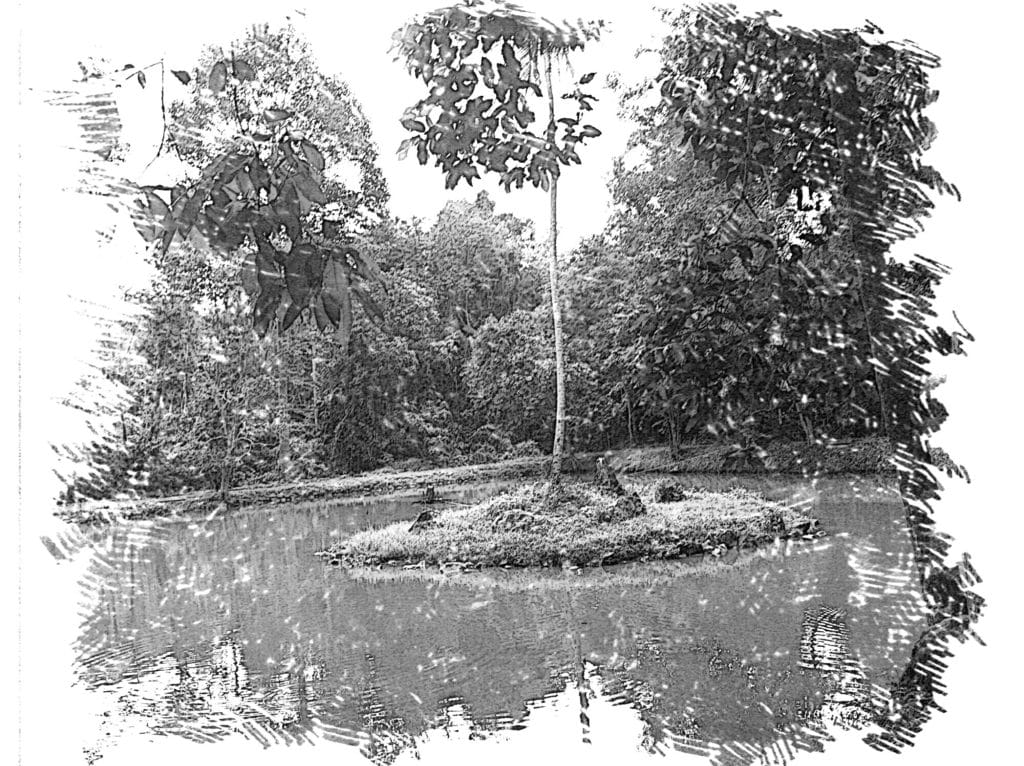A Beginner’s Guide to Peace of Mind in Your Everyday Life
In my new book, I am presenting my view on how to set your mind and body for dealing with anxiety, stress, and personal loss and how to improve your mental health through the benefits of mindfulness meditation. This book’s goal is to describe some of the benefits of mindfulness meditation and help you to create your inner peace and to make your life better.
My own experience
The views and techniques written in this book represent my experience with the Buddhist philosophy of mindfulness and meditation techniques, based on Buddhism. I do not necessarily mean the religious aspect—rather, it is based on the spiritual insight that one can gain for themselves. I’ve been trying for some time now to dig deep in my thoughts, desires, insecurities, and frustrations, and I tried some other approaches as well.
For me, this is the way that has helped me the most, but you should never believe anyone just based on their words. You should study and try all of this yourself. Then you will know for sure if it works for you. There is only one requirement for approaching this knowledge: be open-minded and honest with yourself. Look deep inside your thoughts and experiences, and after trying all the aspects and techniques described in this book, decide if it is the right path for you.
Remember:
Your mental health mostly depends on what’s in your mind. You are in control of your thoughts. In other words, there is no reason to make someone else responsible for your emotions. That’s up to you alone. So, let’s start to learn and implement philosophy and techniques that have helped countless people for the past two-and-half-thousand years.
In this book you can learn about:
- Buddhist Philosophy Basics
- Mindfulness Meditation
- Different Forms of Meditation Practice
- Mindfulness Meditation in Everyday Life
Buddhist Philosophy Basics
Through its 2,500 years of existence, Buddhism has had time to develop many different nuances. Buddhism teaches us not to accept things blindly but, rather, encourages us to challenge and test every claim stated in its teachings.
It is best to apply this attitude to every word in this book as well. Blind faith is not a good practice. Learn to have an open mind, and you will see for yourself. The best way to investigate your discovery is through meditation.
The Four Noble Truths and The Eightfold Path
If you want to have a deeper understanding of why mindfulness meditation is so successful and has been a major part of the lives of many people for thousands of years, it is better to explain some of the basics of Buddhist philosophy that this whole concept is based on.
This philosophical construct is based on what Buddhists call “The Four Noble Truths” and “The Eightfold Path.”
The Benefits of Mindfulness Meditation
As you meditate, you experience calmness, and the mind slows down. When you look at things with a calm mind, you are looking at it as it is. Then, there is nothing to gain or get rid of. It is that what you see; you are not criticizing it, comparing it, or trying to possess or own it. It is exactly what it is.
What is Nibbana?
Nibbana is probably the most popular, but most misunderstood, term in Eastern philosophy. In Theravada Buddhist tradition, “Nibbana” means “coolness.” The greatest benefit of mindfulness meditation is that you can achieve Nibbana right now, without having to die.
It is important that you correctly understand the word “Nibbana.” It means “cool” or “the absence of heat.” It has nothing to do with dying. Imagine that everything is going right for you: you have good health, economic security, good family, good friends, and good surroundings. In this interpretation of Nibbana, this life of yours is cool. It may not be perfect Nibbana, because to be perfect, it must include a cool mind, but it is cool just the same.
Do not worry too much about reaching Nibbana. It will come to you eventually. The path to it will have great value as well.
Vipassana meditation
Meditation is a slow and subtle process but offers real liberation if done properly. This is something that you must achieve by yourself. Retreats, books, and teachers might help, but this is ultimately your path.
“Vipassana Bhavana” is a term for insight meditation in the Pali language. “Bhavana” means to cultivate the mind. “Vipassana” is derived from the word “Passana,” which means seeing or perceiving. “Vi-” is a prefix that we can approximately translate as “in a special way.” So, vipassana Bhavana means the cultivation of the mind toward the aim of seeing in a different direction that leads to insight and complete understanding. It is also known to be translated or explained as meditation for the sake of insight into impermanence, unsatisfactoriness, and not-self.
Vipassana practice
You would like to practice vipassana meditation to help you to be able to face reality or to experience life just as it is. Then, you cope with what you discovered. When practicing vipassana meditation, you will not forget or put aside your problems. You will see and accept reality as it is. After that, you can change it.
The oldest Buddhist practice
Vipassana is the oldest of Buddhist meditation practices. It comes from the Satipatthana Sutta. We believe that the Buddha himself has told Sutta. Vipassana is a direct development of mindfulness or awareness.
When you practice vipassana meditation, your attention is gently directed to a holistic examination of aspects of your existence. You are trained to observe more and more of the flow of your life experience.
Is practicing Vipassana hard?
Vipassana is very, very hard to do, even if it seems very gentle. It trains your mind to focus on attentive listening, mindful seeing, and careful testing. You will be able to “smell actually, to touch fully” and notice the changes that are taking place during these experiences.
Very important is that you learn to listen to your own thoughts without being caught up in them. That way, you will see the truth: objects are impermanent and unsatisfactory.
Mindfulness Meditation in Everyday Life
The present moment is the only place where you can decide what will be your answer to what life puts before you. The past is irreversibly behind you; there is no more, except for memories in your mind and this very moment. The future doesn’t exist either, except as thoughts in the present moment. So, all this exists only now, created through a mixture of causes and conditions, most of which you cannot control either. The only choice that is under your control is your reaction here and now.
When you notice that your mind begins to preoccupy you with thoughts of the future or the past, gently restore it to the present moment by looking closely at the sky or the people around you.
Everyday practice is important
Be persistent in your practice, and you will eventually succeed, because what is the alternative? Even more absence and distraction? Your determination will slowly begin to break the barriers of unconscious habits and patterns of thinking that keep you separate from reality and far from the truth of the present moment, far from yourself. Use as much of the benefits of mindfulness meditation as you can. Just be mindful, and do not give up.
If you want to learn more, please check my new book on Amazon Mindfulness: The Benefits of Meditation, a Beginner’s Guide to Peace of Mind in Your Everyday Life.
See how you can have more benefits with Metta Mindfulness Meditation in my post. You can check out my other post about Mindfulness and about Living in the present.
Check my other books on Amazon.
If you find that this book is valuable to you, please leave an honest review on Amazon.
Thank you!
Share




Pingback: Unsatisfactoriness and Non-Self – The Five Khandhas